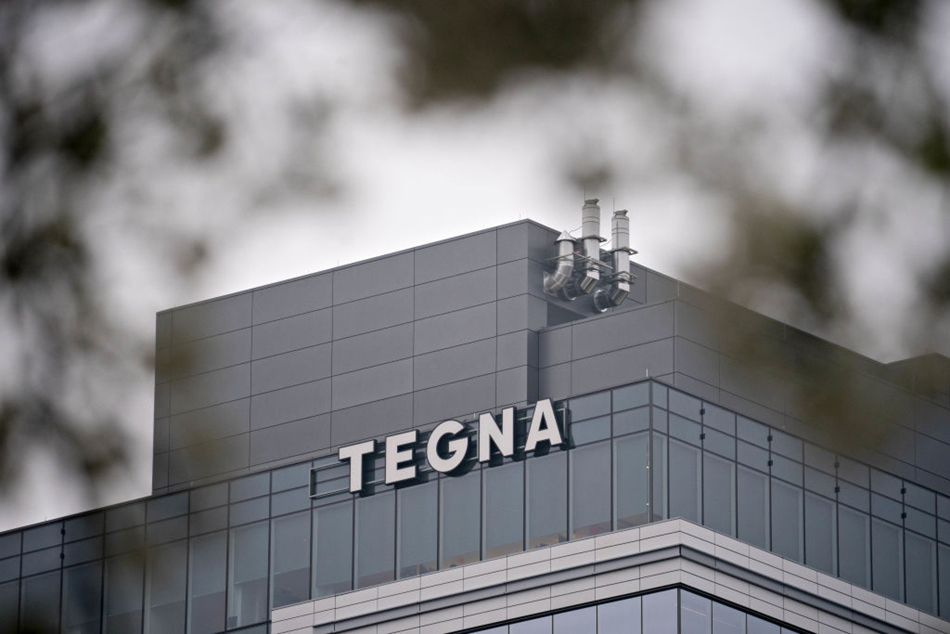FCC’s Standard General-Tegna Merger Designation Could Prompt Constitutional Challenge
Breadth of public-interest standard comes under new scrutiny

The smarter way to stay on top of broadcasting and cable industry. Sign up below
You are now subscribed
Your newsletter sign-up was successful
There are definite rumblings inside the Beltway that the current FCC may have teed up a constitutional challenge to the long-standing public-interest standard for determining whether to approve or reject a broadcast merger.
The potential flashpoint was the FCC Media Bureau’s decision to designate the Standard General-Tegna merger proposal for hearing before an administrative law judge, a delay that often is a death knell for deals.
One obstacle to a court challenge based on the designation would be if the parties folded their tents before that hearing, which would mean there was no final Federal Communications Commission decision to challenge.
While the Justice Department or Federal Trade Commission review mergers based on antitrust issues, the Communications Act instructs the commission to go beyond strict competition issues to consider the deal’s impact on “the public interest, convenience and necessity.’
National Association of Broadcasters president Curtis LeGeyt and CEO, reacting to the FCC decision signaled something was definitely wrong with a standard that allows the FCC to extract concessions, whether or not they are within its expertise or mandate.
Also: NAB Alarmed By FCC Hearing Designation
“It is time for Congress to define the ‘public interest’ for the purpose of FCC merger review,” LeGeyt said.
The FCC’s Media Bureau said it could not conclude that the deal was in the public interest and was designating it for hearing because: ‘(1) the Transactions are structured in a way that is likely to trigger a rate increase harmful to consumers, as a result of contractual clauses that take immediate effect after the consummation of the Transactions, and (2) the Transactions will reduce or impair localism, including whether they will result in labor reductions at local stations.”
That comes after months of reviewing the deal and getting additional documents from the companies as well as pledges to retain jobs, promote localism, and remain squarely within the FCC’s rules on retransmission negotiations.
While LeGeyt was looking to Congress for help with what NAB sees as the standard’s imprecision, former Republican FCC chairman Mark Fowler said it might be time to test the standard in federal court.
“This decision starkly illustrates the shockingly unconstitutional application of the ‘public interest, convenience and necessity’ standard by a runaway commission,” he told B+C. “The commission has applied the standard in an unprecedented, unconstitutional way by modifying the intended purpose of the statute to its customized purpose.
“[A]fter over 300 days of inactivity, the agency kills this major business transaction by ordering a lengthy evidentiary hearing on its ‘concerns’ — concerns which had been satisfied,” Fowler said. “The hearing is overkill on two simple issues that could have been addressed with conditions. The hearing assures that the transaction will fail to close by the contract closing date, triggering a $130 million breakup fee.
“This case also perfectly tees up a broader issue: Is the public interest standard constitutional today, if ever it was?“ he asked. “A statute can be declared unconstitutional if it is impermissibly vague or overbroad, either in a specific case or generally, depending.”
Fowler said that if “the public interest,” the “public convenience” and “the public necessity” simply means what three of five political appointees say it means, that is a case of runaway regulation, unfairness and unpredictability, opening the statute up to a constitutional challenge.
Andrew Schwartzman, veteran public-interest communications attorney and counsel to one of the deal's opponents, disagreed that the standard is ripe for review. “There is 90 years of jurisprudence supporting the FCC’s ability to employ the public-interest standard and to use it to embrace new technologies and changed circumstances,” he said. ■
The smarter way to stay on top of broadcasting and cable industry. Sign up below
Contributing editor John Eggerton has been an editor and/or writer on media regulation, legislation and policy for over four decades, including covering the FCC, FTC, Congress, the major media trade associations, and the federal courts. In addition to Multichannel News and Broadcasting + Cable, his work has appeared in Radio World, TV Technology, TV Fax, This Week in Consumer Electronics, Variety and the Encyclopedia Britannica.

